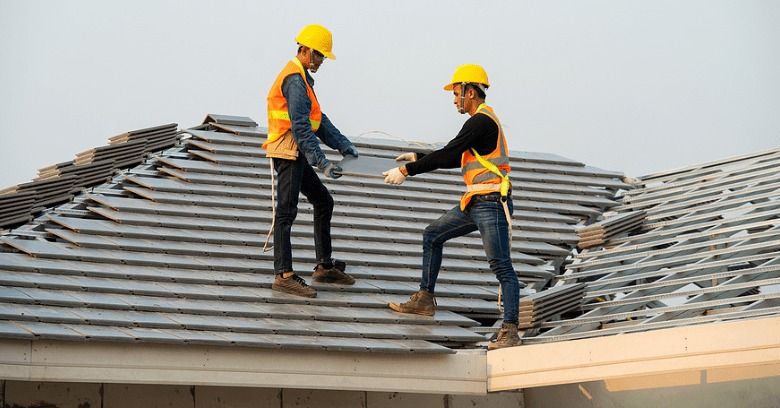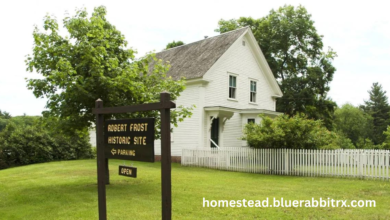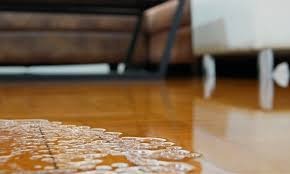The Benefits of Regular Roof Inspections by a Roofing Contractor

Regular roof inspections in Joliet are vital in maintaining the longevity and performance of your home’s roof. Since the roof is the primary barrier between your home and the elements, it is subject to wear and tear from weather, debris, and time. A proactive approach to roof care, through routine inspections, can help identify small problems before they become costly repairs. We will explore how regular roof inspections by a roofing contractor can prevent damage, extend the life of your roof, and ensure your home remains safe and secure.
Benefits of regular roof inspection
- Identifying Potential Issues Early
One key benefit of regular roof inspections is catching potential problems early. Over time, small issues like loose shingles, minor leaks, or damaged flashing can worsen if left unaddressed. During an inspection, a roofing contractor thoroughly examines every part of the roof, including shingles, gutters, flashing, and vents. This allows them to detect even minor signs of wear or damage that might go unnoticed by an untrained eye.
By identifying these issues early, homeowners can prevent more significant problems. For instance, a small leak left unchecked could lead to water damage in the attic, mold growth, or structural damage to the roof’s framework. Addressing minor issues promptly saves money on costly repairs and prevents the inconvenience of larger, more complex problems that could disrupt daily life. Regular inspections act as a preventive measure, ensuring that your roof remains in good condition and continues to protect your home effectively.
- Extending the Lifespan of Your Roof
Another advantage of regular roof inspections is that they help extend the lifespan of your roof. Roofs are built to last, but like any other part of a home, they require regular maintenance to perform at their best. Routine inspections allow roofing contractors to assess the roof’s condition and recommend necessary maintenance or repairs. Even small maintenance tasks, such as replacing a few damaged shingles or resealing flashing, can significantly prolong the roof’s life.
In addition to addressing visible damage, inspections can reveal underlying issues affecting the roof’s longevity. For example, poor ventilation in the attic can lead to moisture buildup, which weakens the roof’s materials over time. By identifying such problems early, homeowners can make adjustments to ensure their roofs remain durable for as long as possible. A regularly inspected and maintained roof is more likely to reach or exceed its expected lifespan, providing peace of mind and protecting the investment in your home.
- Preventing Water Damage and Mold Growth
Water damage is the most common and destructive issue affecting a home’s roof. Leaks can develop from damaged shingles, broken seals around vents, or poorly installed flashing, allowing water to seep into the roof’s structure. Over time, even a small leak can lead to extensive water damage, rotting wood, and mold growth, which can compromise the integrity of the roof and the health of the home’s occupants.
Regular roof inspections help prevent water damage by identifying and addressing leaks before they escalate. During an inspection, contractors check for signs of moisture infiltration, such as water stains, damp insulation, or mold in the attic. By fixing leaks promptly, homeowners can avoid the costly repairs associated with water damage and the health risks of mold growth. Maintaining a watertight roof also helps protect the home’s interior, preserving the condition of walls, ceilings, and other structural elements.
- Ensuring Proper Drainage and Gutter Maintenance
Proper drainage is essential for maintaining a healthy roof, and gutters are critical in directing water away from the roof and foundation. During a roof inspection, roofing contractors also assess the condition of the gutters to ensure they are functioning properly. Clogged or damaged gutters can lead to water pooling on the roof, which increases the risk of leaks and water damage.
Homeowners often overlook regular gutter maintenance, but it’s an important part of roof care. Inspectors check for blockages caused by leaves, debris, or dirt that can prevent water from draining efficiently. They also examine the gutters for signs of rust, sagging, or separation from the roofline. Ensuring that the gutters are in good condition helps prevent water from backing up onto the roof or overflowing near the foundation, reducing the likelihood of structural damage. A well-maintained drainage system with a strong roof protects the home from water-related issues.
- Supporting Insurance Claims and Home Value
Roof inspections can also be beneficial when it comes to supporting insurance claims or maintaining the value of your home. In the event of storm damage or other incidents, having documentation of regular roof inspections can provide proof that the roof was well-maintained before the damage. This can make it easier to file an insurance claim and ensure that you receive adequate compensation for repairs or replacement.
Additionally, if you plan to sell your home, having a record of routine roof inspections can increase buyer confidence. Prospective buyers are more likely to invest in a home knowing that the roof has been regularly inspected and is in good condition. A well-maintained roof adds value to the property and can make the selling process smoother.
Regular roof inspections by a roofing contractor offer numerous benefits, from early detection of potential issues to extending the life of your roof and preventing costly damage. Inspections help maintain the roof’s performance by addressing minor problems before they escalate, ensuring proper drainage, and preventing water damage and mold growth. By prioritizing routine inspections, homeowners can protect their investment, safeguard the structural integrity of their home, and enjoy the peace of mind that comes with a well-maintained roof. Regular roof care not only enhances the roof’s longevity but also contributes to the overall health and value of the home.





